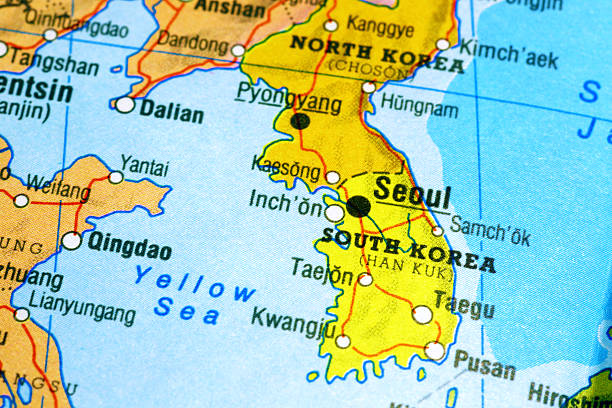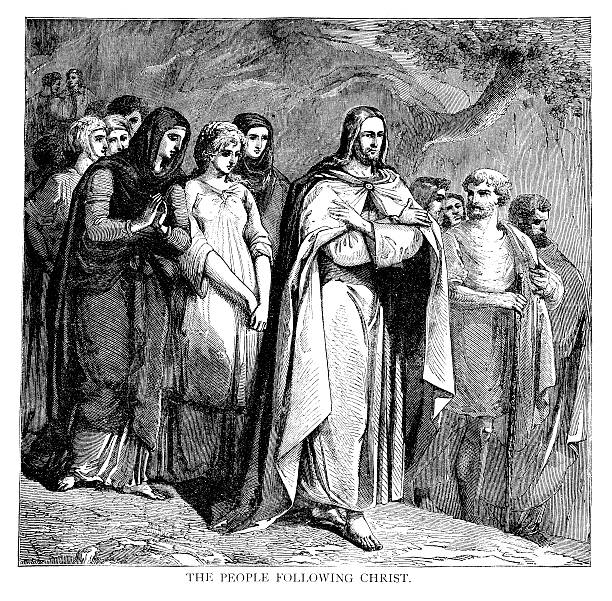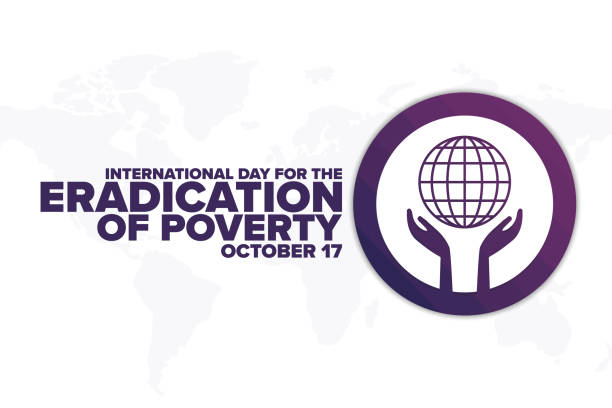
In the Catholic Peace Weekly a professor in the art department of a university gives the readers his thoughts on 'healing' that come to mind on his visits to the mission stations. His words were especially of interest for this blog since he uses the Korean word for mission station 'Gongso'(公所) which is where this blog: Catholic American Eyes in Korea originates.
In our daily life, the word "healing" is used a lot.and often used directly from the English. One of the important aspects of this healing is food, and when you turn on the TV, so-called 'mukbang programs' overwhelm many channels.[A 'mukbang' a combination of the word eating and program also known as an eating show—an online audiovisual broadcast in which a host consumes various quantities of food while interacting with the audience].
Eating is one of the human instincts, but the writer wonders if he was ever passionate about eating. There are people who seek healing through eating like this, but each person has different ways of seeking healing.
He loves to drive through the country roads away from the hustle and bustle of the city. It is good to change the scenery according to the season, but above all, for him traveling in the green fields is more enjoyable and exciting. What's more, the country road is always free from the traffic congestion and allows one to enjoy a quiet and open road. That's why the road to the Gongsos is healing for him, most of the Gongsos are located outside the cities.
The 'Gongso' is called the 'seed bed of the faith'. A Gongso is a community of faith where the priest does not reside. The early religious life of Catholicism in Korea began from places of this type and even when persecution was at its peak, the flower of faith was able to bloom here. It is often compared to the Western catacombs (catacombs of the early church era), in this way, our ancestors of faith practiced God's love by holding their breaths in prayer in these mission stations.
It is said that 30 years ago, there were about 1,900 'Gongsos', but now the number has been greatly reduced. Moreover, most of them are getting old not able to withstand the passing of time. The shabby mission stations are sometimes newly rebuilt, but many disappear altogether. Some are well-maintained, but many are neglected and filled with cobwebs.
He is particularly interested in a Korean style Gongso he visits from time to time, the roof tiles are broken, the altar is left in a corner with a thick layer of dust, and the Crucifix lies on the floor, along with rat droppings and grass growing on the floor. He can't help but feel sad to see how the place is so neglected that was once the house of God. Just as a brochure was created to promote pilgrimage sites he thinks it is time for special measures to be taken for these Gongsos.
The Gongsos are quiet; no hassle; they are pleasant places to pray with simplicity. There are no restaurants around, no coffee shops, and the restrooms are inconvenient, but he would like us to visit these places that are out of the way but found on many pilgrimage routes. Only the concern of believers can prevent the devastation of this precious religious heritage.
These Gongsos are like the grain of wheat that fell to the ground and became the root of our faith. We will feel the healing of our body when we put our hands together in these Gongsos, which convey the ardent fervor of our ancestors in the faith.





